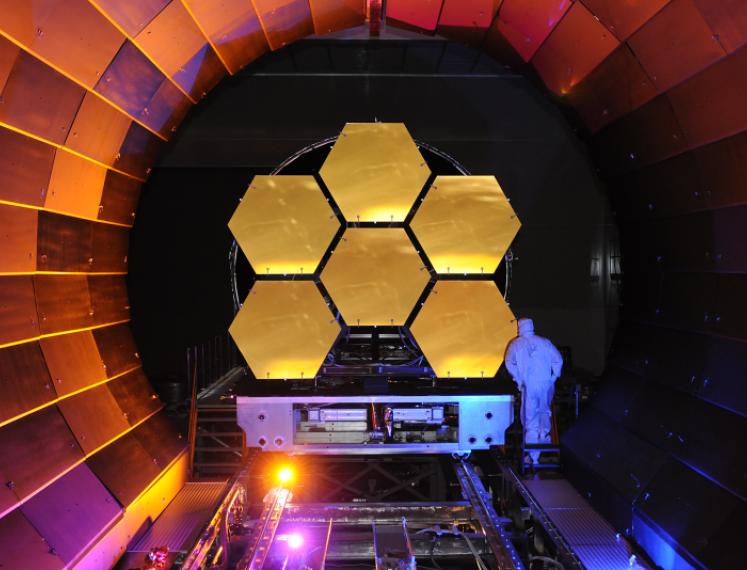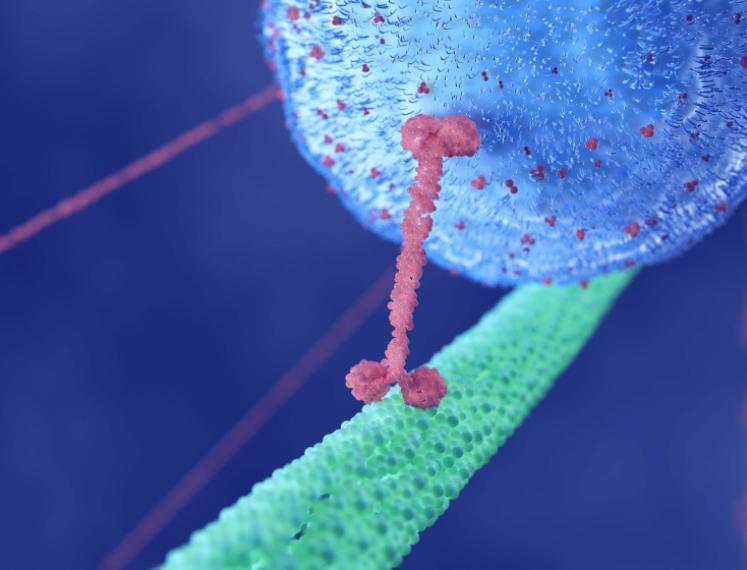Academy Building
Broerstraat 5
Groningen
Nederland
Redefining Time through Nuclear Physics
From GPS to quantum experiments, precise timekeeping drives modern life. Atomic clocks are already extraordinarily accurate, yet researchers are now aiming higher with a nuclear clock that measures time using the motion of an atomic nucleus. The isotope thorium-229, uniquely possessing a laser-accessible low-energy state, lies at the centre of this effort. When embedded in transparent crystals and probed with vacuum-ultraviolet light, this nuclear transition provides a reference less sensitive to environmental noise than electronic transitions.
Current work focuses on engineering host materials, controlling and quenching excitations, and understanding how crystal defects shape nuclear behaviour; effectively building a nuclear clock. This breakthrough could enable innovations in navigation, sensing, and communications, as well as unlock new insights in fields such as relativity, dark matter, and fundamental constants. Yet, nuclear science unfolds within a societal landscape shaped by both benefits and controversies. In this Hendrik de Waard lecture, experimental physicist Kjeld Beeks shows how cutting-edge nuclear research is redefining the present and shaping the future, while reflecting on its societal and ethical implications.
Kjeld Beeks is an experimental physicist working at the intersection of nuclear quantum optics, quantum metrology, crystal growth, solid-state physics, and electron–nucleus interactions. He has collaborated on international projects at institutions including JILA, PTB, CERN ISOLDE, RIKEN, and SPring-8, and has co-developed experimental platforms for VUV detection, cryogenic crystal spectroscopy, and nuclear decay measurements. Beyond the lab, he is passionate about science outreach: from the "Physics Circus" to conversations at the pub.
Are you not able to attend the Hendrik de Waard Lecture in person? Watch the livestream here.






